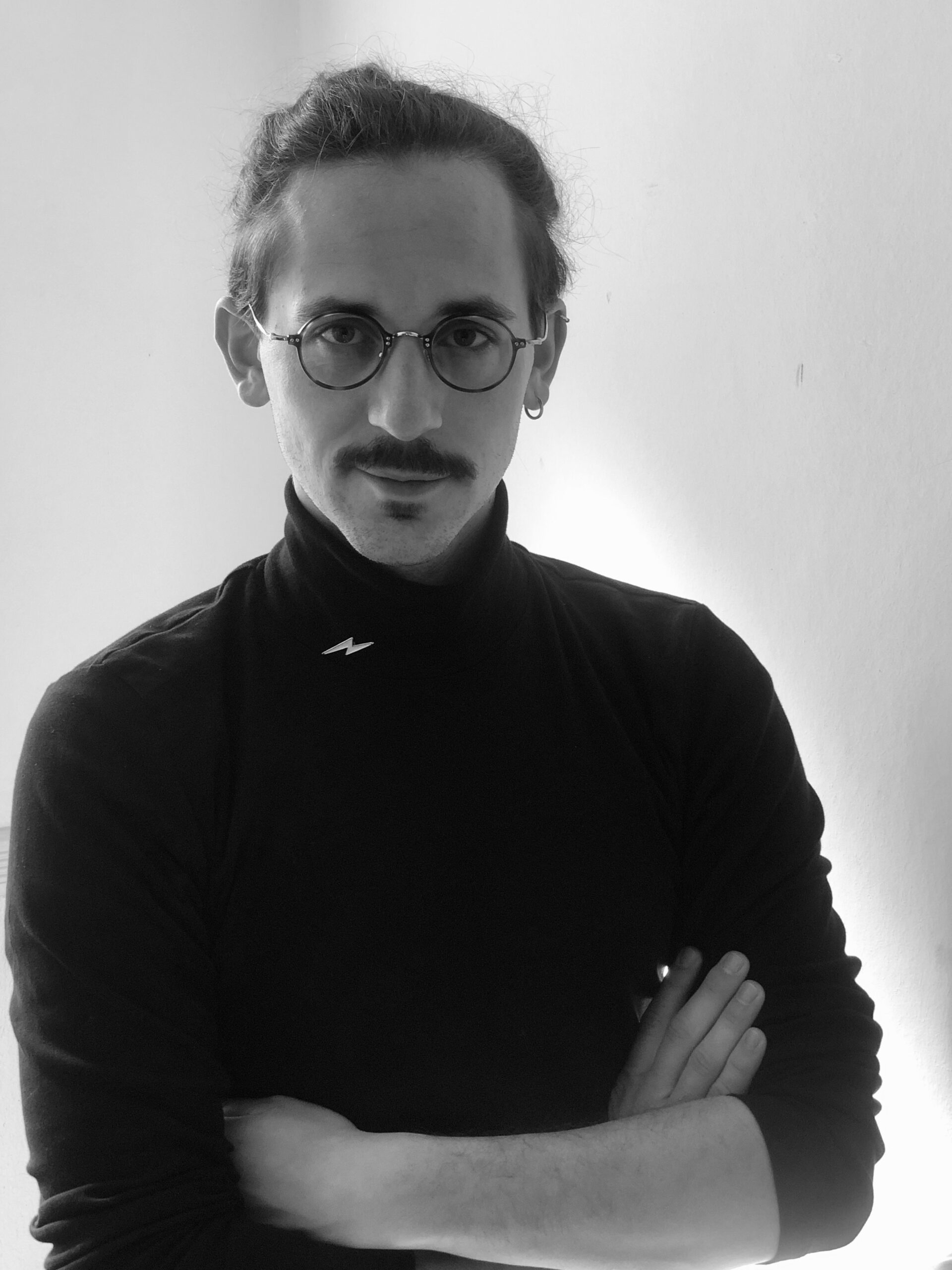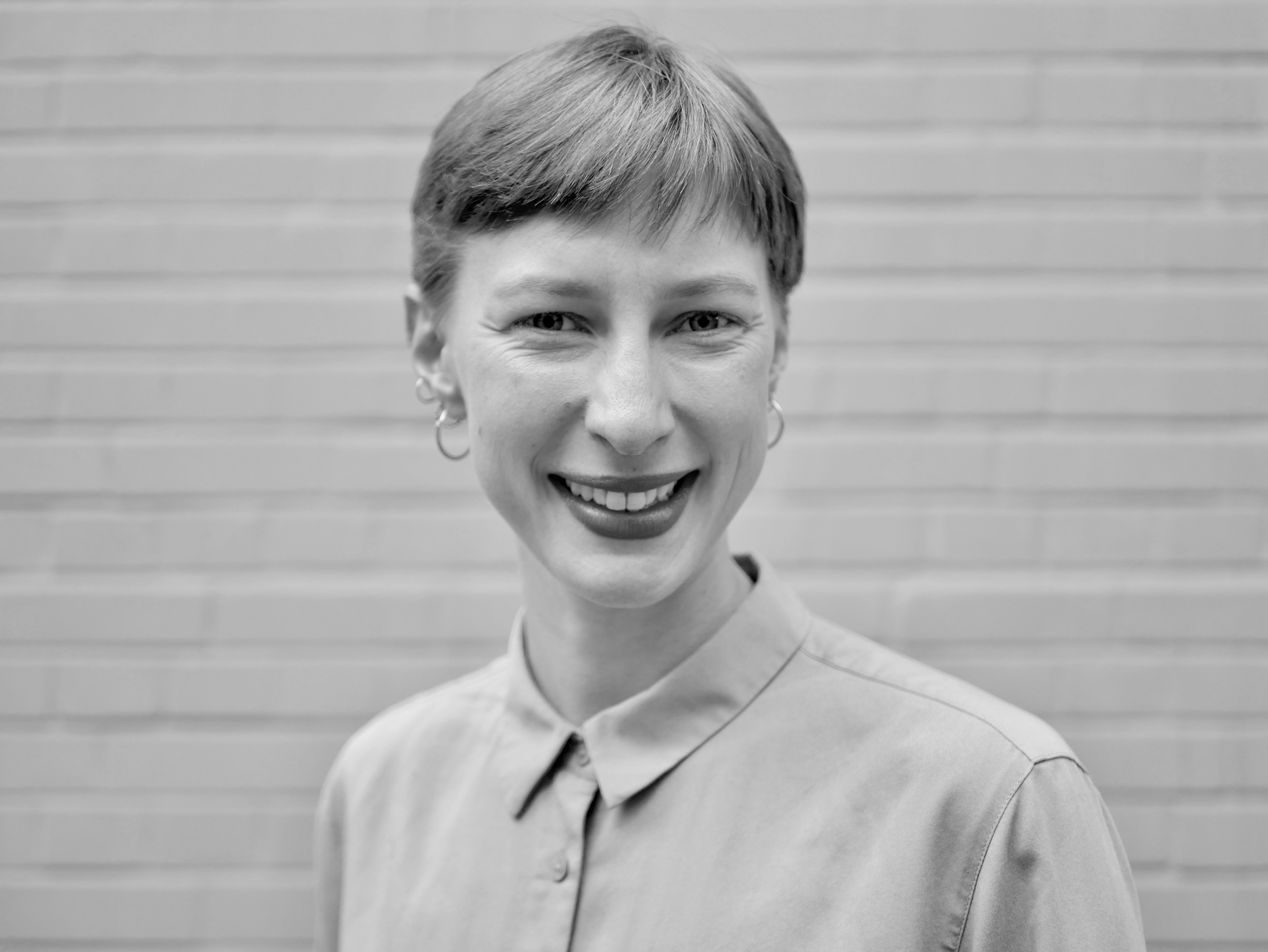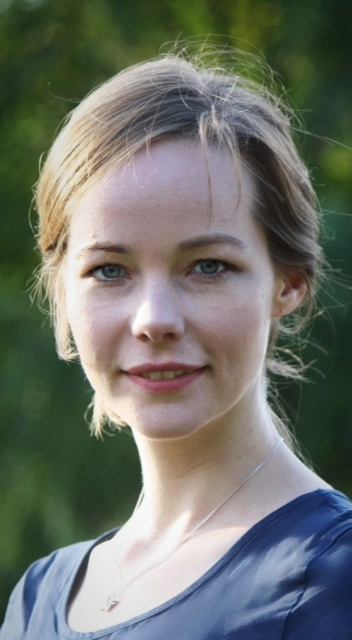-
Welcome to the homepage of the Bochum SALUS Project
The aim of the SALUS project is to enable mental health professionals to strike the right balance between autonomy, well-being and security in the treatment of persons with mental disorders.

 Institute for Medical Ethics and History of Medicine, Ruhr University BochumMalakowturm - Markstraße 258a44799 BochumGermanyTel+4923432-28628Fax+4923432-14205bochum-salus-project@rub.deDepartment of Psychiatry, Psychotherapy and Preventive Medicine, LWL University Hospital, Ruhr University BochumAlexandrinenstr. 1-344791 BochumGermanyTel+4923450770Fax+492345077-1329bochum-salus-project@rub.de
Institute for Medical Ethics and History of Medicine, Ruhr University BochumMalakowturm - Markstraße 258a44799 BochumGermanyTel+4923432-28628Fax+4923432-14205bochum-salus-project@rub.deDepartment of Psychiatry, Psychotherapy and Preventive Medicine, LWL University Hospital, Ruhr University BochumAlexandrinenstr. 1-344791 BochumGermanyTel+4923450770Fax+492345077-1329bochum-salus-project@rub.de-
Privacy Policy
General note and mandatory information
Appointment of the responsible body
The responsible data processing company on this website is:</spanBMBF research group SALUS
Dr. Jakov Gather / Dr. Matthé ScholtenInstitute for Medical Ethics and History of Medicine
Ruhr University Bochum
Markstr. 258a (Malakowturm)
44799 Bochum, Germany
Tel.: +49 (0)234 32-23394
Fax: +49 (0)234 32-14205&
Department of Psychiatry, Psychotherapy and Preventive Medicine
LWL University Hospital, Ruhr University Bochum
Alexandrinenstr. 1-3
44791 Bochum, Germany
Tel.: +49 (0)234 5077-0
Fax: +49 (0)234 5077-1329The responsible body, alone or in concert with others, decides on the purposes and means of processing personal data (such as names, contact details, etc.).
Revocation of your consent to data processing
Only with your express consent are some processes of data processing possible. A revocation of your already given consent is possible at any time. For the revocation is sufficient an informal message by e-mail. The legality of the data processing carried out until the revocation remains unaffected by the revocation.Right to complain to the competent authority
As the person concerned, you are entitled to file a complaint with the competent supervisory authority in the event of a breach of data protection law. The competent supervisory authority with regard to data protection issues is the state data protection officer of the federal state in which the headquarters of our company is located. The following link provides a list of data protection officers and their contact details: https://www.bfdi.bund.de/DE/Infothek/Anschriften_Links/anschriften_links-node.html.Right to data portability
You have the right to have data that we process on the basis of your consent or in fulfillment of a contract automatically to you or to third parties. The provision is made in a machine-readable format. If you require the direct transfer of the data to another person in charge, this will only be done to the extent technically feasible.Right to information, correction, blocking, deletion
You have the right at any time in the context of the applicable legal provisions to provide free information about your stored personal data, the origin of the data, their recipients and the purpose of the data processing and possibly a right to correct, block or delete this data. In this regard and also to further questions on the subject of personal data, you can always contact us via the contact options listed in the imprint.SSL or TLS encryption
For security reasons and to protect the transmission of confidential content that you send to us as a site operator, our website uses an SSL or. TLS encryption. Thus, data that you submit via this website, for others not readable. You will recognize an encrypted connection at the “https: //” address bar of your browser and at the lock icon in the browser bar.Server log files
In server log files, the website provider automatically collects and stores information that your browser automatically sends to us. These are:
- Visited page on our domain
- Date and time of the server request
- Browser type and browser version
- Operating system used
- Referrer URL
- Host name of the accessing computer
- IP address
There is no merge of this data with other data sources. The basis for data processing is Art. 6 para. 1 lit. b DSGVO, which allows the processing of data for the performance of a contract or precontractual measures.
-
Impressum
BMBF research group SALUS
Dr. Jakov Gather / Dr. Matthé ScholtenInstitute for Medical Ethics and History of Medicine
Ruhr University Bochum
Markstr. 258a (Malakowturm)
44799 Bochum, Germany
Tel.: +49 (0)234 32-23394
Fax: +49 (0)234 32-14205&
Department of Psychiatry, Psychotherapy and Preventive Medicine
LWL University Hospital, Ruhr University Bochum
Alexandrinenstr. 1-3
44791 Bochum, Germany
Tel.: +49 (0)234 5077-0
Fax: +49 (0)234 5077-1329E-Mail: bochum-salus-project@rub.de
Additionally the following conditions apply: https://www.ruhr-uni-bochum.de/en/legal-notice
-

Jona studied medicine and philosophy in Frankfurt am Main with visits abroad in Italy, Switzerland, the USA, and South Africa. He is currently in further training to become a specialist in psychiatry, psychotherapy and psychosomatics at the Psychiatric University Hospital in Zurich.
As a research assistant in the SALUS project, he wrote his bachelor’s thesis on wellbeing in the context of serious mental illness as part of SALUS’ subproject on concepts of well-being in a psychiatric context. In addition to this topic area, he continues to be involved in ongoing research projects on intersectionality in psychiatry and ethics consultation in psychiatry.
Jonas' current research interests include concepts of well-being, feminist theories, and topics of intersectionality and participatory research.

Mirjam Faissner has joined the Institute for the History of Medicine and Ethics in Medicine at Charité – Universitätsmedizin Berlin in June 2023. She works on ethical questions in the context of structural discrimination and health, ethics in psychiatry, clinical ethics and public health ethics, combining philosophical analyses with qualitative-empirical research.
From January 2021 to May 2023, Mirjam Faissner worked at the Ruhr University Bochum, first in the Ethics of Psychiatry working group at the LWL University Hospital for Psychiatry, Psychotherapy and Preventive Medicine Bochum, then at the Institute for Medical Ethics and History of Medicine. At the Ruhr University Bochum, she led the projects INSIST, funded by the BMBF, and INTERSECT, funded by the Medical Faculty of the Ruhr University Bochum. She has been part of the SALUS group since January 2021.
Mirjam studied medicine at the University of Hamburg with visits abroad in France, Australia and Sri Lanka. In parallel, she studied Philosophy and French Literature at the University of Hamburg before completing a master’s in Philosophy of Medicine and Psychiatry at King's College London. Her academic performance in her master's program was recognized with the Simon Dally Book Award. Her medical dissertation in Psychiatry at the UKE was awarded the Hedwig Wallis Dissertation Prize in Psychosocial Medicine. In addition, she received the 2022 Young Scholar Award for Ethics in Medicine from the Academy for Ethics in Medicine.
In addition to coercion in psychiatry, her research interests include feminist theory with a focus on intersectionality, participatory research, and epistemic injustice.

Astrid is a physician and associate researcher in the SALUS project. Astrid studied Medicine (State Examination), as well as Philosophy and History (Bachelor of Arts) at the University of Münster. She also obtained her Ph.D. at the Institute for Ethics, History, and Theory of Medicine at the University of Münster, focusing on the use of advance directives in psychiatry.
From 2016 to 2020, she worked as a research associate at the Institute for Medical Ethics and History of Medicine in Bochum. Since 2020, she has been undergoing specialist training to become a board-certified specialist in Psychiatry and Psychotherapy, initially at St Joseph Hospital Berlin-Weißensee, and since 2023 at the Department of Psychiatry and Psychotherapy at Charité Campus Benjamin Franklin.
Her research interests primarily revolve around advance directives in psychiatry and palliative medicine approaches in psychiatry.
Prof. Dr. Tanja Henking, LL.M. (Medical Law), has been a Professor of Health Law, Medical Law and Criminal Law at the University of Applied Sciences Würzburg-Schweinfurt since 2015. She also heads the Institute for Applied Social Sciences there. She was previously the head of the junior research group "Ethics and Law of Modern Medicine" at the Institute for Medical Ethics and History of Medicine, Ruhr University Bochum. Her research interests include legal issues at the beginning and end of life, the rights of people with mental illness, with a particular focus on compulsory treatment and coercive measures, and issues of capacity to consent. Numerous publications and lectures on this topic have already resulted from her work. She is also concerned with digitalization and artificial intelligence in the context of medical care and mental illness in particular.

Alexa Nossek is a medical ethicist. She studied philosophy and ancient history and received a M.A. from the University of Duisburg-Essen. Alexa obtained her doctorate in medical science at the University of Duisburg-Essen in cooperation with the Institute for Medical Ethics and History of Medicine, Ruhr University Bochum. She worked as a researcher at this institute from 2015 to 2020.
One of her research interests is ethics in psychiatry. Here she focuses on peer support work, recognition between staff and patients, patient autonomy and capacity, coercion and avoidance of coercion, and stigma.

Laura’s focus within the SALUS project is on self-binding directives in psychiatry. Being affiliated to the Institute for Medical Ethics and History of Medicine of the Ruhr University Bochum, to GGZ InGeest mental health care center and to the Department of Ethics, Right and Humanities at the Amsterdam UMC, her aim is to promote collaboration between these institutions in various projects on the reduction in psychiatry.
Laura studied psychology and obtained her PhD on the development, implementation and effect of the High and Intensive Care (HIC) model in Dutch mental health care at the VU University Medical Center in 2021. She is as a coordinator of the coercion reduction programme at GGZ inGeest and is a member of the HIC foundation board to guide further development and implementation of the HIC model.
Her research focus is on interventions and treatment concepts to reduce coercion and integrates (care) ethical perspectives.